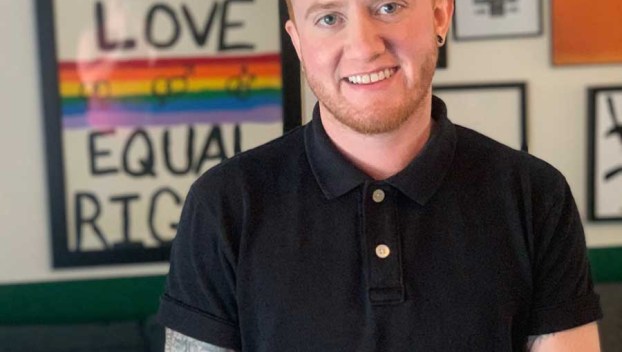
Ga Fl News
UGA settles transgender rights lawsuit
ATLANTA — A reality TV personality fought and won a battle against the University System of Georgia for ... Read more

ATLANTA — A reality TV personality fought and won a battle against the University System of Georgia for ... Read more